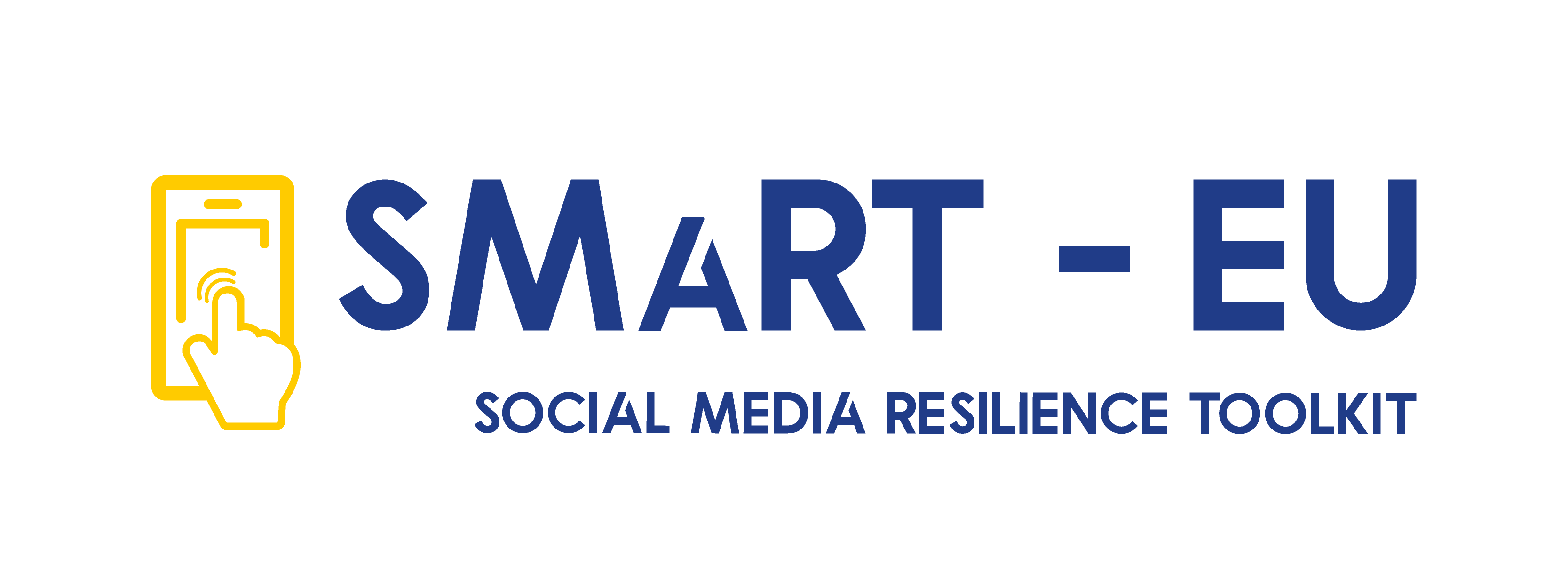Intergenerational
Generational identity connects with ‘intergenerational relations’, and implies interdependence between age groups and generations gaps. The digital age implied generational gaps when thought of technology and younger and older generations. Interactivity and Internet 3.0 moved generations towards close relationships by using media. “The digital age promotes the blurring of barriers between different age groups that interact through and with technologies. Intergenerational relationships that narrow in digital can overcome the so-called generation gaps, fostering intergenerational interaction, which allows the sharing of knowledge and forms of sociability anchored in different generational contexts” (Amaral & Brites, 2019, p. 5113). Read more.
Media Literacy Key concepts
Media literacy is the ability to identify different types of media and understand the messages they’re sending. According to the European Union, it involves the capacity of accessing, critically understanding and engaging with the different media available. Read more.
Article that presents results of a research that joined college students and seniors, with the aim of promoting intergenerational coexistence, cultural rescue, positioning older people with active roles and a preponderant factor in promoting communication and listening to the legacy throughout their lives.
![]()
English institution from the advertising world that provides innovative educational resources designed to provide 7 – 16 year olds with the understanding and tools to be critical consumers of the media, looking at important subjects like social media and digital advertising, influencer marketing and body image.
Online Civic Engagement
UNICEF defines civic engagement as “individual or collective actions in which people participate to improve the well-being of communities or society in general”. It is a fundamental process to democracy, through which people take action, in a collective manner, to address issues of public concern. Read more.
This paper presents and analyses the theoretical approaches to digital media literacy, so-called digital parenting. It also interprets the results of the latest research in Croatia devoted to the digital habits of parents, their attitudes towards parental mediation strategies, and other crucial questions.
Resilience to disinformation and fake news
Today, citizens are highly exposed to large scale disinformation, including false and misleading information, assuming different expressions and conceptualization. As the European Commission states, it is one of Europe’s major challenges. Read more.
European Commission public consultation that aims to collect information from Citizens, Social media platforms, news organizatins, academia and others, in order to help assess the effectiveness of current actions by market players and other stakeholders, the need for scaling them up and introducing new actions to address different types of fake news.
